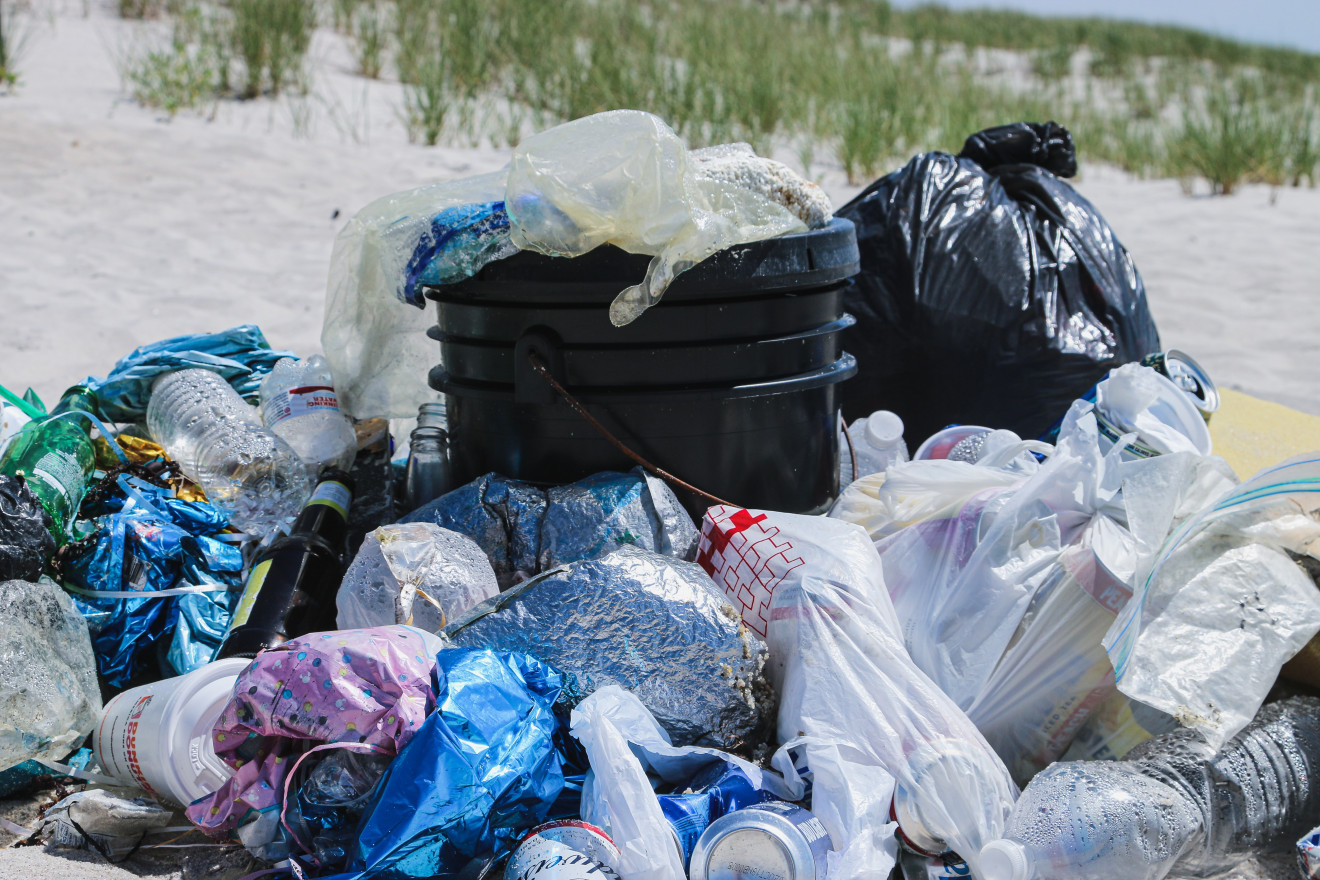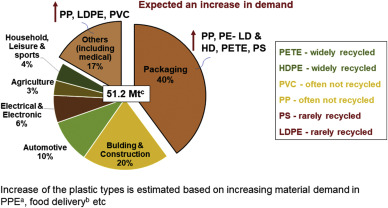
(Brian Yurasits/Unsplash)

(Brian Yurasits/Unsplash)
With the current state of the COVID-19 pandemic, an average person has more to worry about than their plastic bag usage. However, up until the pandemic, it seemed as though the initiative to end plastic bag usage was unstoppable. With states reversing bag taxes and bans, how much of an environmental impact will COVID-19 have? Will the nation’s progress be reversed?
In Washington, D.C., a bag tax originated as part of an initiative to clean up the Anacostia River. According to a 2008 study by the Department of Energy and Environment, disposable plastic bags were one of the most prevalent forms of trash pollution in the river. As a result, the District created the Anacostia River Clean Up and Protection Act of 2009. This law was the first of its kind in the nation, according to the DOEE. It requires any District business selling food or alcohol to charge five cents per paper or plastic bag, with a goal of shifting consumer behavior away from disposable bags. As of 2017, plastic bag usage had dropped 50% to 70% since the law took effect in 2009.
Across the country, bag taxes similar to D.C.’s were beginning to take effect early this year. However, with the onset of COVID-19, all progress was halted due to fears that reusable bags would spread the virus.
In New York, for example, a plastic bag ban was set to take effect on March 1, 2020. After initially delaying the ban 30 days due to a lawsuit, the delay was extended further due to the pandemic. The ban is now scheduled to take effect on Oct. 19, 2020, according to the New York Department of Environmental Conservation.
Additionally, U.S. Senator Tom Udall and U.S. Representative Alan Lowenthal formed the Break Free from Plastic Pollution Act just a few weeks before the virus became a concern in the U.S. The congressmen are still urging legislative action, according to a statement.
States and retailers across the country have temporarily suspended the disposable bag bans and taxes to ease fears of contamination by reusable bags. Now, I’m concerned about how big an effect the pandemic will have on the previous environmental progress — could it be detrimental?
According to a report from August, the demand for plastics is expected to increase by 40 percent because of safety concerns. The same study reported that the virus lasts longer on plastic than other surfaces — according to the National Institute of Health, two to three days — which begs the question: were the ban reversals a premature move, especially after society had finally adapted to using reusable bags?
A July study also compared the increases of different types of plastics since the pandemic.

Has the plastic industry exploited pandemic fears to further their business? Or were ban reversals the right call to make to ensure safety?
I believe reusable bags should be allowed in stores, despite the pandemic. At Trader Joe’s, for example, the bag tax was recently reinstated temporarily suspending it. They are also allowing customers to bring their own reusable bags if they bag their items themselves. Following that precedent, while sanitizing check out counters after the presence of reusable bags, should maintain a level of safety that still follows the initiatives set before the pandemic, both in D.C. and nationwide. The pandemic shouldn’t derail the environmental progress made in the last decade — we don’t have to choose between our own safety and the safety of the Anacostia.